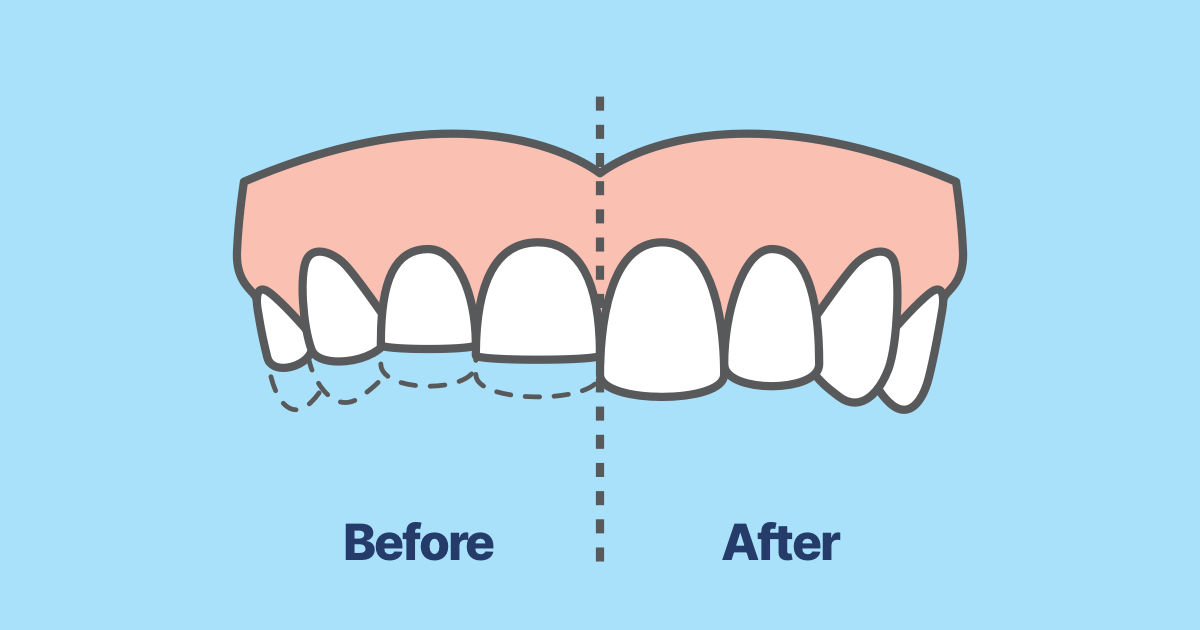Grinding or clenching teeth, also known as bruxism, can cause permanent damage to your teeth, put strain on your jaw and lead to other problems.
If you or someone in your family has this habit, speak to our dentists in Fremantle about custom-fitted mouthguards and other effective bruxism treatments.
What causes bruxism?
Teeth grinding and clenching can become habitual activities over time and most commonly occur during sleep. Tracing the cause of bruxism can be a great help to your dentist when planning the most effective treatment.
Children and adults may develop bruxism due to:
- toothache and discomfort in the jaw
- bite and alignment issues
- illness or allergies
- unresolved stress or anxiety.
What are the benefits of bruxism night splints?
Custom-fitted mouthguards can help people of all ages to overcome bruxism as well as preventing other oral health problems. Bruxism mouthguards are made of a soft plastic that feels comfortable in the mouth and are designed to prevent teeth from grinding together during sleep.
Custom bruxism night splints can:
- Reduce pain in the teeth, jaws and face when waking up
- Prevent further wear to teeth and dental work
- Reduce strain on the temporomandibular joint (TMJ)
- Help you feel more calm and rested.
How else is bruxism treated?
If you think that you or your child might have bruxism, you should make an appointment with our dentists to discuss the treatment options available. We will also be able to spot possible signs of grinding and clenching when we perform your routine oral examinations, such as excess wear to the back teeth and damaged dental crowns or fillings.
If you decide that a night splint is the best option, we will take an impression of your teeth and have the appliance custom-made to ensure a comfortable fit. We will schedule regular follow-up appointments to check how you are progressing.
If your bruxism is caused by alignment issues with the teeth and jaws, we may recommend orthodontic treatment such as braces and clear aligners. However, if the cause is primarily psychological in nature, finding ways to reduce stress and anxiety in your life could also help you to overcome bruxism.



